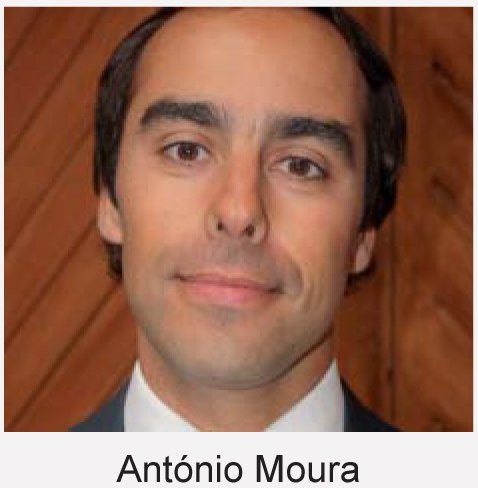Parties ready to negotiate projects obligations – Esquível Advogados
In light of the challenges now facing the Portuguese projects and infrastructure sectors, financiers, investors and concessionaires need to look at all the options.
Con la paralización y renegociación de los contratos de proyectos e infraestructuras por parte del Gobierno portugués, los inversores y concesionarios tienen que analizar todas sus opciones, afirma José Luís Esquível, Socio Fundador de Esquível Advogados.
There is currently a real need for imagination as Portugal´s Government seeks to stop, reassess and in some cases renegotiate existing contracts, says José Luís Esquível, Founding Partner of Lisbon projects boutique Esquível Advogados.
“The State can no longer afford to do all that it wants, or even to comply with all the obligations it is committed to, so parties to projects contracts increasingly need to safeguard their positions.”
What is important is to maintain a dialogue between all the parties to an agreement, he emphasises, to ensure that all sides are aware of the potential financial, contractual and political risks they may face.
“In many respects, everything is now up for negotiation or renegotiation. We are seeing new agreements emerging over contractual obligations, time frames and payment terms. Clients are finding that the contracts they have today may look very different in six, 12 or 24 months.”
What is proving significant, believes Esquível, is the ability to pre-empt issues and to think strategically about what any changes may mean for a clients’ business and their ability to perform their obligations – notably as regards planned construction or repair works.
“We have seen significant success by clients who have pro-actively approached the State with new terms, having seen potential problems ahead. Parties have to think that if the terms of an agreement are amended, or new terms are dictated, will it leave them vulnerable in other areas of their operation?”
An evident new development is now also the willingness of parties to initiate formal disputes in order to reinforce their positions, says Esquivel.
“In any projects agreement, arbitration is always the preferred dispute method, but we see many clients now ready to prepare for a fight.”











